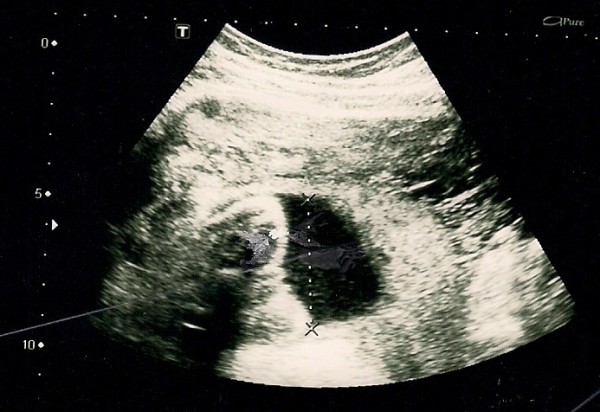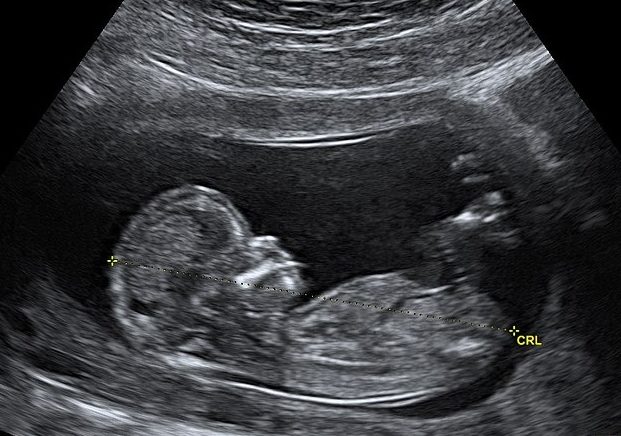For some, self-isolation is actually kind of fun. But as many of us shuffle between old-school home aerobic workouts and competing in our own Masterchef challenges, there are groups of so-categorised ‘vulnerable’ people, who have much less freedom and mobility than we do. Expectant mothers are one such group. Originally mandated by governments to remain in complete isolation (similar to measures suggested for the elderly and those with underlying health conditions), expectant mothers are now understood to be less at risk by the coronavirus, and are advised to social distance. But preparing to bring a child into this world is already a nerve-wracking task, and the added pressure of a pandemic does very little to ease the mother’s stress. Times like these would usually warrant for extra emotional support and care—but it’s far less available at this time than usual.
Pre-Corona and post-Brexit, the British public was bombarded with information regarding the crumbling NHS—an establishment of great British pride and also a point of contention for many. Politics aside, it’s a fact that the system has been overburdened with huge shortages of staff, underpaid workers and delays in service times. The already weakened institution was ill-prepared for any large scale medical emergency, let alone a full blown pandemic. And, although a little late compared to its European counterparts (not to mention repeated warnings from China and Italy) the UK finally buckled down and the NHS prepared for the hoards of incoming patients. In realising the shortages of bed and supplies required to treat contagious patients of COVID19, a varied number of restrictions have been implemented, some of which, unfortunately, directly impacts pregnant women.
“These are very challenging times to be giving birth, with limited access to close family and birth partners,” explains Kicki Hansard, a member of Doulas UK with 17 years of doula experience and founder of BirthBliss academy—an organisation that trains (mostly) women to become certified doulas. A doula, for anyone who doesn’t know, is usually a woman who provides emotional, practical and informative support to expectant mothers. There are birth doulas who work with mothers for the time leading up to the birth, and there are postnatal doulas who usually start working after the baby is born and provide practical assistance to the mother on a day-to-day basis. Although not medically trained, doulas offer support and guidance which is especially helpful to mothers with mental health issues, physical disabilities or a previous experience with loss or abuse.
In unprecedented times such as now, the role of a doula becomes rather complicated, as hospitals temporarily close maternity wings and limit the number of birth partners allowed into the delivery rooms. “The quickest action hospitals can take at this time, to protect both patients but especially their staff, is to limit the number of people coming in through their doors,” says Hansard. “Many birth centres are being closed and so lots of women are being sent to labour wards or obstetric led units, that usually have less equipment available, such as birthing pools or other alternatives to help women be mobile.” Naturally, many women at this time are opting for home births, not only for the safety of their unborn child, but also to be able to have members of the family present at the time of birth. “Unfortunately, many areas have stopped providing home birth assistance, which is upsetting a lot of women. There are independent midwives, who don’t work with the NHS, but are collaborating with them at this time, to be able to provide women birthing support in their homes,” she continues. “But hospitals will have to find a solution to allowing birthing partners, especially for women who need help communicating due to language barriers or other physical disabilities, as there is nothing more frustrating than inefficient communication in the delivery room.”

With regards to the safety of the expectant mother and baby, Hansard explains, “as with most pregnancy related things, there is a lot we don’t know, and this especially applies to corona. Research has shown that the baby is safest in the womb of the mother, as the virus can not pass from her body to the baby.” In what is even more reassuring—not to mention, testament to how incredible women’s bodies are—Hansard explains there is a certain symbiotic relationship between mother and child that develops during breastfeeding, and if the mother has been exposed to the virus, antibodies are built up in the breast milk for the baby. “The best thing for new mums to do during times of corona is actually to breastfeed,” she states.
So while the unborn baby is safest inside the mother, the panic and hysteria engulfing the mother is at an all time high. “Expectant mothers are—as it is—worried and nervous about just about everything, and that is just leading up to the birth. After the child is born, the mother is suddenly confronted with all kinds of care related questions and having the emotional support of partners, family and birthing partners like doulas is crucial at this time,” Hansard states. With the current restrictions in place and advice being meted out “most mothers are returning home with their newborn child and are remaining in isolation to prevent catching the virus. This can be traumatic, as it is a real challenge to manage the emotional and physical aspects of childbirth without any support,” Hansard explains. “I completely understand the need for such restrictions to be put in place, but I do worry that the long-term emotional impact this will have, will be worse than the coronavirus itself.”
So where does this leave professionals like Hansard? Doulas are used to working with expectant mothers for prolonged periods of time, either before or after birth. The very premise of their job—providing emotional and informative support—requires them to be in close contact with the mothers. “These times are not ideal,” Hansard admits, “ but I know that doulas are going out of their way to be creative and come up with innovative solutions on the spot. It is naturally hard to provide this type of support over video conferencing, but I’ve heard of doulas who are using knitted dolls to demonstrate bathing techniques and even knitted breasts to teach new mothers correct breastfeeding positions!” As far as the future is concerned, Hansard suggests that doulas might be able to fill a space—similar to independent midwives—in supporting the NHS. “Even without medical qualifications, doulas are well trained in a myriad of subjects—and their services can be utilised well by formal healthcare providers.”
The future of just about anything seems a little uncertain right now, but when the crisis subsides—and we best believe, it will—many governments and their citizens will be forced to confront the crumbling institutions that have been one crisis away from total deterioration. In times like these, the role of healthcare adjacent providers such as doulas, becomes more essential than ever, and it is definitely worth considering how such services can be integrated into a more holistic healthcare option.
In the meantime, Hansard stays hopeful. “Although we are in the middle of a pandemic, it is also a beautiful reminder that we are all connected. Despite the unparalleled situation at hand, we have to remember people have gone through much crazier things to save humanity—so to say.”
Images labelled for re-use via creative commons.

